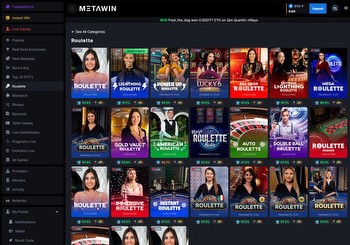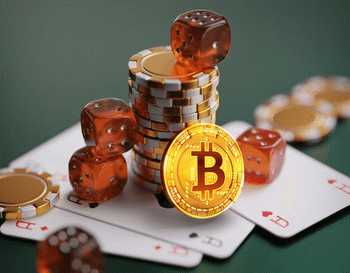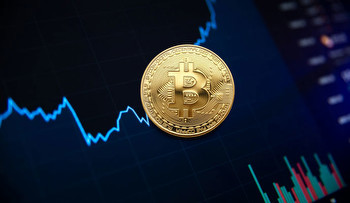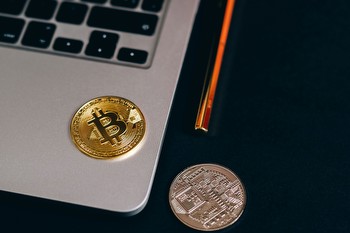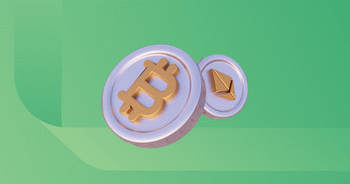Protecting Player Privacy: Leveraging IoT To Ensure Confidentiality In Cryptocurrency Gambling
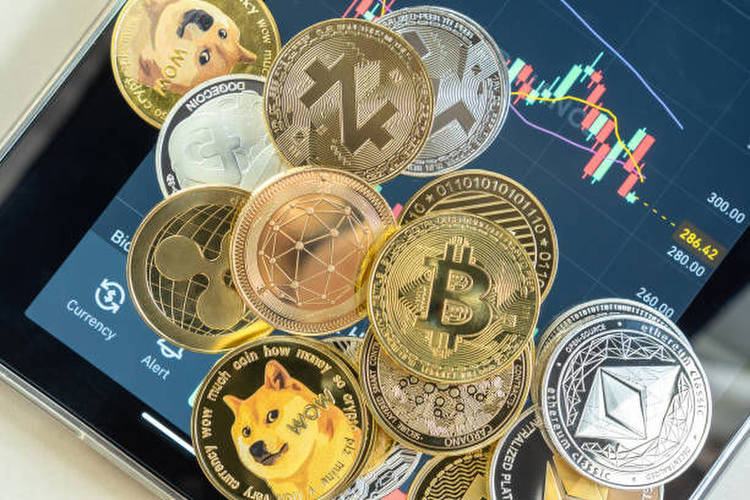
Protecting Player Privacy: Leveraging IoT To Ensure Confidentiality In Cryptocurrency Gambling
As cryptocurrency gambling gains momentum, preserving player privacy has become a critical need. We are witnessing regulators attempting to curtail player privacy by forcing licensed operators to perform thorough Know Your Customer verifications that are in direct conflict with the anonymity that comes along with using cryptocurrencies.
However, with the powerful Internet of Things (IoT) technology stepping into the gaming sphere, the potential to safeguard users’ confidentiality has risen remarkably. With machine-to-machine (M2M) communication, casinos can collect data and process it much faster, identifying potential pitfalls of security systems and offering greater anonymity.
Let’s dive straight into the intriguing world of crypto gambling, where privacy is no longer just a luxury but a well-protected guarantee.
Understanding Player Privacy in Cryptocurrency Gambling
Online gambling platforms that rely on fiat currencies are a considerable liability to players’ safety. Namely, every time a player has to make a deposit or a withdrawal, that transaction takes place in the payment gateway that can be hacked.
Moreover, to make a successful payment, players need to share their banking details with the casino, including the CVV/CVC codes on their credit/debit cards and other classified information, which undoubtedly increases the risk of having the data stolen.
It wasn’t before crypto gambling, the harbinger of improved security and privacy protection hit the stage that the players could feel completely safe. Bitcoin casino security resides in the use of blockchain systems that use advanced asymmetric cryptography to encrypt and secure transactions between users. Additionally, with the immutable nature of blockchain, the info that is stored on the blockchain itself will remain safe and secure at all times.
Even though gambling regulations have a way of being at odds with the nature of cryptocurrencies, BTC casinos still have to be licensed and abide by certain rules, especially those related to privacy policies. Gambling platforms must protect the collected data with Secure Socket Layer (SSL) encryption and other advanced systems. Also, all collection of data must be done in a lawful and fair manner in order for the operator to conduct business as a licensed site.
Introduction to IoT in Crypto Gambling
The Internet of Things, or IoT, is a complex system of interconnected computers, devices, mechanical structures, and even people equipped with unique identifiers that have the ability to transfer data over a network without direct human involvement.
IoT has facilitated many developments in the world of crypto gambling, such as allowing online casino players to bet on casino games played live in actual land-based casinos across the globe and even interact with players that are at the tables.
With the deployment of IoT technology, online casino players can now access their preferred sites through any of the IoT devices, like smartphones, tablets, and even smartwatches. IoT operators are constantly launching new connectivity services that make it even easier to connect the hardware, mobile systems, cloud integration, and apps for the end users.
Still, with so many systems and devices interconnected, the concern for user privacy and security naturally increases. Luckily, IoT ecosystems come with robust security measures in place that provide the necessary transparency when it comes to how it collects, stores, and processes personal data.
Enhancing Privacy with IoT in Crypto Gambling Platforms
Advanced encryption and cybersecurity systems are at the basis of IoT, especially in protecting data transferred through cross-device communication. Key components in that process are IoT authentication and authorization.
Authentication refers to the identification of the device used in the communication, while authorization deals with granting access to that device. Only authorized devices can interact with other devices in the system, ensuring no unwanted third-party access is allowed. In terms of casino crypto gambling, only verified players and verified devices can be used for gambling, so the danger to privacy is significantly mitigated.
Network administrators must employ traffic interceptors and analyzers in order to identify and handle various cyber threats to player transactions and privacy.
Confidentiality Challenges and Solutions
There are some privacy issues inherent to the use of IoT. The amount of data that IoT networks gather is immense, making many entry points for hackers and malicious software. As a result, the connected devices can be used to eavesdrop on people. Additionally, IoT device manufacturers have the opportunity to use the data willingly provided by users to gather personal information, such as your heart rate, and then sell the information to insurance companies, who can then have a clearer picture of your health.
The same can be applied to data collected from casino players. Platforms can leverage data about your gaming habits and performance and willingly promote games you don’t have luck with so that you end up losing more money.
Transparency in how platforms collect, use, and safeguard data from players can be the most efficient way going forward. Giving players more control over the data and the option of requesting that information be deleted is undoubtedly a step in the right direction when ensuring data privacy in the IoT sphere.
The Role of Blockchain in Ensuring Privacy
Blockchain technology is a critical component in the advances in cybersecurity. It allows for data to be stored on the blockchain directly and outside the gambling platform’s databases.
Additionally, blockchain gave rise to smart contracts — self-executing contracts that can be programmed to execute automatically when particular conditions are met, which can help to prevent fraud. Smart contracts can also be employed with the automation of payouts. Every time you win a betting ticket or a round in the casino game, the wins are immediately credited to your account.
Blockchain technology increases transparency by providing a complete record of all transactions, which builds trust between operators and players, especially knowing the records can’t be tampered with.
Another innovation that came with the rise of blockchain are decentralized applications (dApps). DApps are programs built on Ethereum and powered by blockchain. Their greatest perk is that they are free from any central authority. When translated to casinos built as dApps, you get an iGaming ecosystem where people can bet anonymously and safely without worrying about rigged games or anything else.
Compliance and Regulation
Crypto casinos are also obliged by their licensing authorities to comply with the General
Data Protection Regulation (GDPR) and other privacy and safety policies, such as the Anti-money Laundering policy. The only problem here is that data recorded on the blockchain is immutable, so you can’t erase it, which is in direct conflict with the GDPR basic premise. Still, blockchain technology facilitates data sharing without the dependency on a centralized authority, boosting transparency by displaying data access details.
Furthermore, blockchain-powered smart contracts can automate data exchanges, significantly diminishing associated transaction expenses. This leads to a streamlined, cost-efficient process and improved visibility into data access, which can aid data privacy efforts in the future and support the GDPR efforts.
This article was provided by Ira Miroshnichenko











